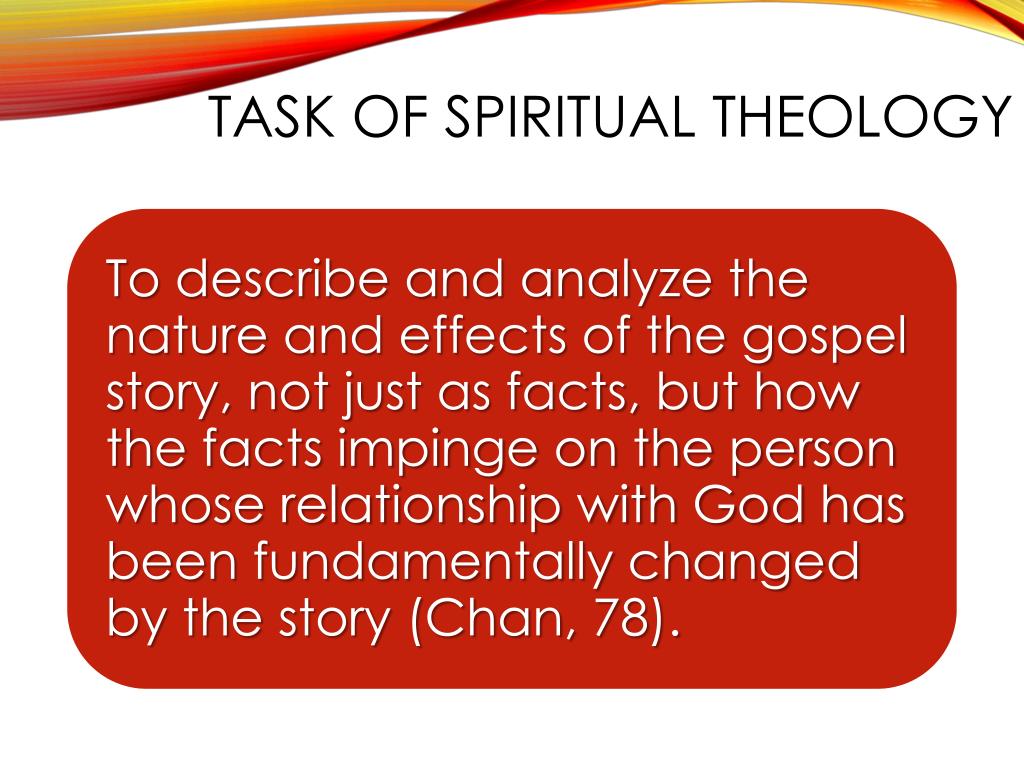
The idea is also acknowledged by other scholars who examine both culture and philosophy in understanding religion. Individuals can be inclined to Christian bond through postmodernism tolerance, as claimed by the writer.

In line with other scholars, such as Allen, the writer also indicates that postmodernism relativism is evident in its respective morality as well as beliefs. The author also highlights that postmodernist behavior’s inconsistency indicates its prematurity to abandon the reasoned argument application in religious apologetics. Skepticism is evident in the denial of truth and reality of objective just as claimed by other scholars 5. The writer argues that postmodernism is a skeptical as well as a relativistic worldview. Moreover, “A Christian View of Postmodernism and its Roots”, an article by Porteous, (2021) also supports the claims made by other scholars including Allen. Views from other scholars need to be incorporated to help in supporting the writer’s claims. The author’s work is relevant as examples, including biblical, have been provided to support the claims. The writer supports the claims made by Allen on postmodernism and Christianity. Every culture is believed to have distinct truth preserved and passed as metanarratives. Both Allen and Ponk admit that postmodernism affirms relativity and subjectivity of truth. The perception is contrary to modernism and Christianity, which confirm that reason as well as science can be employed to obtain truth. According to Pronk (2020), postmodernism represents a perception that denies a coherent all-encompassing universal view since supposedly, such things as objective truth do not exist. Modernist theology is indicated to have been developed by liberal theologians to make Christianity accepted in the modern world 4. The article could be resourceful and in depth with the inclusion of postmodernism features in fields, such as philosophy, architecture and others.Įqually, “Post-Modernism and Its Influence on Christian Thought” by Pronk (2020) supports the Allen’s argument that postmodernism greatly threatens Christianity. More examples should be provided to aid in understanding the writer’s stance. Denis indicates that discomfort is experienced while studying Christianity history as claimed by Allen, however, as he states that in the end, an individual benefits from critical challenges experienced. Allen’s argument is also supported when the author confirms the construction of historical knowledge and the situation of truth approaches based on period, social environment, age, class, and others. Such historians examine the authenticity, validity, and reliability of the history source 3.

Both Allen and Denis agree that scholars educated during historical criticism era perceive the claim on postmodernism with a given degree of truth. Similarly, “On teaching Christian history in the postmodern world” by Denis (2019) which aims at exploring the three challenges, including pastoral, intellectual, and pedagogical, experienced by Christianity.

Additionally, the information in the article is clear to targeted individuals as simple examples are outlined and supported by other sources. The major claim is that the creed affirms the enlightenment mentality’s crucial elements. Consequently, Allen argues that modern world is not left behind with postmodernism through the examination of the world trends. Other concept handled by Allen in his article is deconstruction, which is believed to have originated from structuralism and shares various notions with it. The author proceeds to discuss structuralism and its potential problems in literature.


 0 kommentar(er)
0 kommentar(er)
